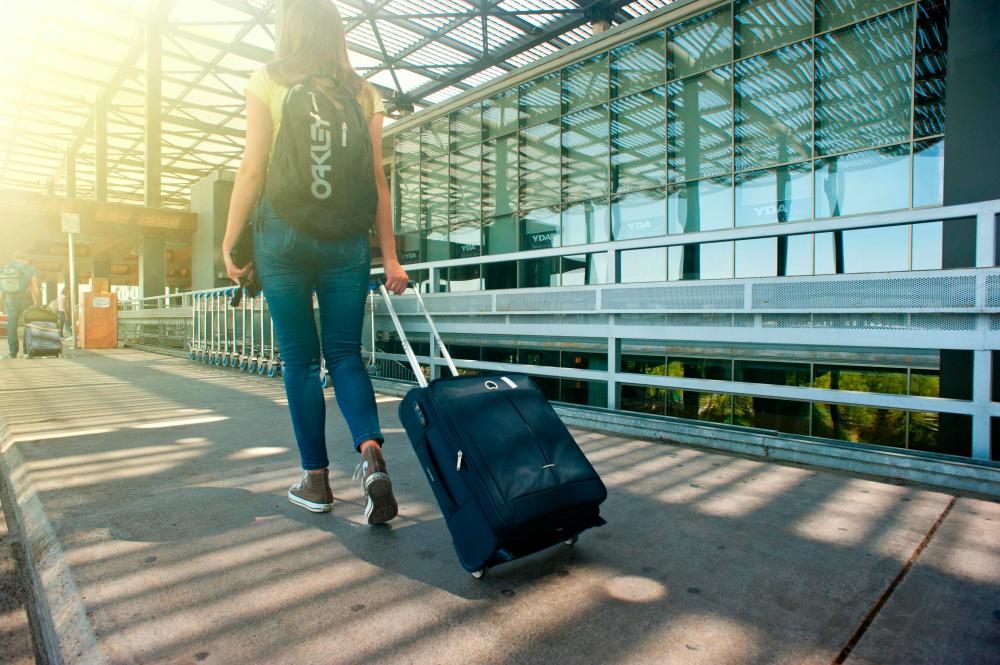I REALISED that Dr Ho Chai Yee had left an efficient team on the 11th floor of Wisma Sime Darby when I took over his place as development director of the Plantations Division.
On Saw King looked after the office and saw that flights and hotel bookings went smoothly. I could hear her on the phone getting her way with the travel agents.
Meanwhile, soil scientist Lai Ah Lam, who was tall and lean, worked on projects independently, which was usually what he wanted. I soon learned that it was better to let him do just that. He would go into the finest detail on the ground and could throw a tantrum if he did not get his way.
Leow Kok Yuan was the financial analyst, young and inseparable from his laptop. He was adept at spreadsheets. Having studied in Tunku Abdul Rahman College, he had applied for the job, refusing any move or promotion.
I learned from him how to do a feasibility study proposal, show the scope of work, how each step would be done and present reports to show potential investments and returns for clients.
An important part were the fees. Leow knew the standard rates per man-day, and missed nothing, including taxi fares, meals, hotels, flights and land transport. On top of that he added a contingency amount.
Dr Ho had built a strong goodwill with other departments within Sime Darby. Whenever we needed specialists, such as an agronomist or an engineer, they would often spare their people but did not mention any charges, which of course helped with our profit. If our contingency sum was intact by the end of the project, that helped even more.
So, for a small unit we were doing well. However, it meant a lot of travelling.
Leow and I met clients in Jakarta. Some trips took us to Kalimantan Barat. Pontianak was a town with a port where the Kapuas River was wide, and I could see Indonesian sailing ships in bright colours lined in rows at the jetty.
Further up north, a plantation was to be developed for a client, involving a long road trip past many houses and coconut trees, with a stop for lunch at Singkawang. The town had neat rows of shops painted in brown and white, with banners flying in the wind advertising their goods. At the roundabout stood a large Chinese temple.
Later, with the Sime Darby planters on the plantation site, we trained the Dayaks in proper nursery practices and the planting of oil palm seedlings.
Some projects would take us to Kalimantan Selatan. A stop at Banjamasin allowed us time to tour the canals by boat, all of which led back to the mighty Barito River. Outside town, the river was lined with houseboats floating on logs.
One project took us a long way to Barabai, an old town with wide streets and spreading tamarind trees. The transport arrived late for our journey, but Leow was calm. He said it was out of his control, and there was no reason to get upset.
Near Amuntai, we passed Dayak villages by the foothills, peaceful and quiet. Our guide took us to visit the headman, who hosted a feast of red durian that he had brought from the Meratus mountainside. But the land we had come to see was too hilly, even for rubber.
When we had to stay overnight in smaller towns, it usually would be at a motel called a losmen, which could be part of the owner’s home. After a hot-water bath, a home-cooked dinner would be served.
We were up at dawn again, and by midday, we might still be travelling, listening to the piano tunes of Pance Pondaag and the lilting songs of Lydia Natalia while taking in the serene countryside.
We had no time to stop for lunch. From the road-side stalls, we would buy bananas and green oranges called jerok. I would also buy crisp biscuits in bright packs as well as packets of big groundnuts, and enjoy them along the way.
Even in the early 1990s, we could see changes, with small shops beginning to appear at road junctions. By the next trip, these had formed into small towns as oil palm plantations began to expand.
A client asked us to look at land in Kalimantan Tengah. He was involved in timber, and after logging, he had started reforestation with a team of young graduates who were bright and keen to learn. They looked smart in their company uniforms. Their surnames were familiar, and it turned out most were related to prominent politicians or famous generals.
Lai was with me on this trip, and the helicopter took us to their camp. It was raining heavily, so we stayed for the night.
The rain went on even after breakfast, and the pilot looked at the clouds and refused to fly. Lai was getting upset. I could see the signs when he stretched his neck, and his face turned red as he searched for words.
“Kita mesti kejar waktu,” he said, tapping his watch. “We are fighting for time.”
The pilot did not move.
I suggested to the guide to take us to a place where villagers were collecting gold from a river-bed, and pulled Lai along. It was still raining and the miners stayed in their sheds. We had time for hot tea and discussed topics, all of which was to help me get a fistful of gold for next to nothing.
However, the elderly leader took out a small brass scale from behind his bed, weighed the gold flakes that he poured from a tiny bottle and told me the price based on the latest shortwave broadcast from BBC.
I did not get to buy any gold, but that visit took the tantrum out
of Lai.
The writer has extensive experience in the management of oil palm plantations.
Comments: letters@thesundaily.com









